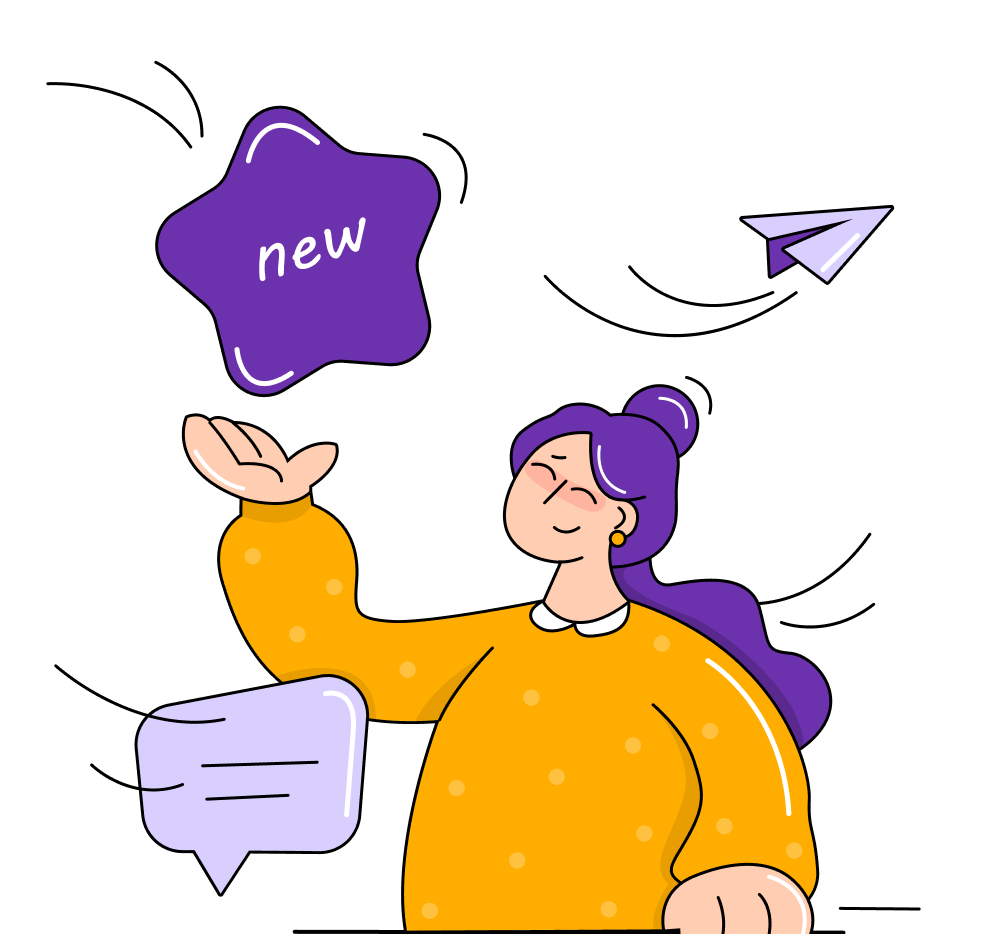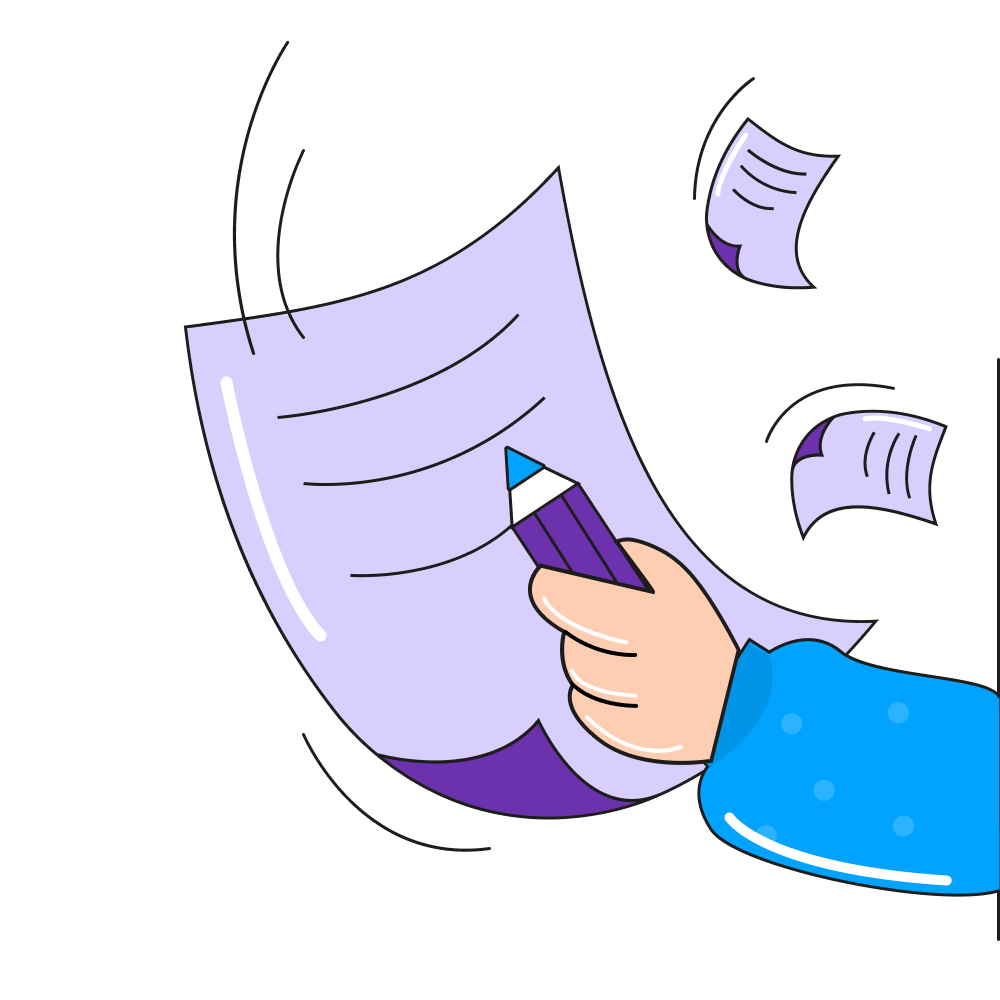aicrack8913
- Activating Adobe Products for Free: A Controversial Practice
In the realm of digital creativity, Adobe products stand as pillars of professional software, empowering artists, Activating Adobe Products, and creators worldwide. However, their premium prices often pose a barrier for enthusiasts and beginners looking to explore their potential. This dilemma has given rise to discussions and practices around activating Adobe products without paying, a controversial topic with ethical implications.
Understanding Adobe Products and Their Popularity
Adobe offers a suite of software tailored for creative professionals, including Photoshop, Illustrator, Premiere Pro, and more. These tools are renowned for their versatility, powerful features, and industry-standard status. As a result, they are widely used across various creative disciplines, from graphic design and photography to video editing and web development.
The Cost Barrier: Why Users Seek Free Activation Methods
Despite their utility, Adobe products come with a hefty price tag, often through subscription models like Adobe Creative Cloud. For many aspiring creators, students, or hobbyists, these costs can be prohibitive, leading some to seek alternative means of obtaining and activating Adobe software without paying for it.
Methods and Techniques for Free Activation
- Cracking Software: One of the most controversial methods involves using software cracks or keygens to bypass Adobe’s activation process. These tools manipulate the software’s licensing mechanisms to unlock full functionality without a valid license.
- Patching Files: Another approach is patching Adobe software files to remove activation requirements or extend trial periods indefinitely. This method often requires technical expertise and can involve modifying system files, which poses security risks and violates Adobe’s terms of service.
- Key Generators: Key generators generate serial numbers or license keys that mimic legitimate licenses, allowing users to activate Adobe products without paying. However, these keys are typically illegal and unsupported by Adobe, making them prone to being blocked or flagged as unauthorized.
The debate over activating Adobe products for free is not merely about affordability but also about ethics and legality. Adobe invests heavily in developing and maintaining its software, and piracy or unauthorized use undermines these efforts. Moreover, using cracked or pirated software exposes users to security risks such as malware and viruses.
Alternatives to Free Activation
Rather than resorting to questionable practices, there are legitimate alternatives for accessing Adobe software affordably:
- Student Discounts: Adobe offers significant discounts for students and educators, making their software more accessible for educational purposes.
- Free Trials: Adobe provides free trials of their Creative Cloud software, allowing users to explore their tools before committing to a subscription.
- Affordable Subscriptions: Adobe’s subscription models, while not free, offer flexible plans that cater to different user needs and budgets.
Activating Adobe products for free remains a contentious issue within the creative community. While the allure of accessing premium software without cost is undeniable, the ethical and legal implications are significant. Aspiring creators are encouraged to explore legitimate avenues for accessing Adobe software, supporting its development while ensuring their own security and adherence to legal standards. Ultimately, fostering a culture of respect for intellectual property rights and fair compensation for software developers benefits the entire creative ecosystem in the long run.
YOU MAY ALSO LIKE THESE:




